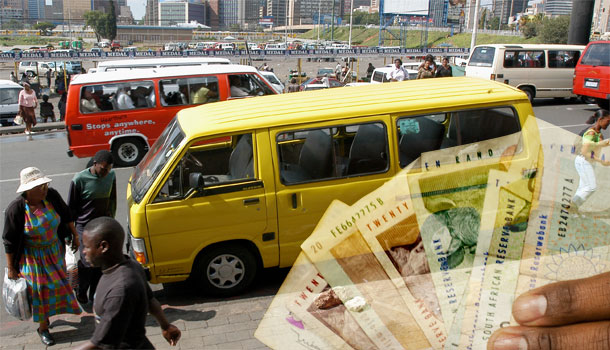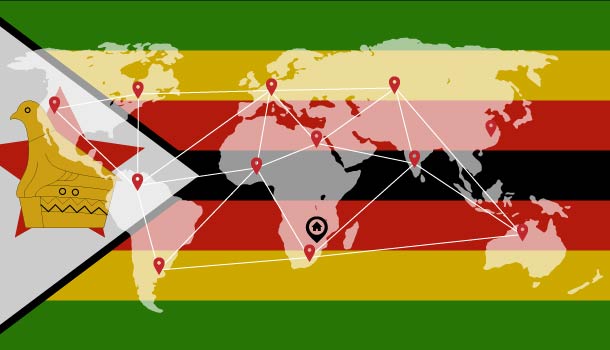When asked what my first language is, I often pause because it is not an easy answer. My first language was Chewa. I spoke it like a native although I wasn’t one, but it has slowly faded away over time from non-use. I then learnt Bemba, English, Kaonde and Nyanja. At the time I didn’t realise that my experience as a child of foreign diplomats living in Malawi was quite unique. I had adopted the language spoken by my nanny, the cook, the driver and their children instead of English.
It was only at school where I came into contact with other children of diplomats that I was made aware of being different. Why didn’t I speak English? English came to me with time – I must’ve been 5 years old – and with it a whole new set of rules and airs. There were strict rules on enunciation and pronunciation, and it became very clear early on that this new language was considered superior to the languages I had spoken before.
I navigated my way through two worlds, speaking each language exclusively in different settings, but I always felt more at home with Chewa. This was likely because it was my first language but also because it connected me deeply to my family and earliest friends. The people I went home to allowed me to speak it without giving me stern looks or pinching their lips in distaste. Speaking it came without judgment.
The realities of the world we live in dictate that fluency in English and a handful of other European languages are required to be successful in our education systems and in the workplace. I can live with that, to a point, but it pains me to see indigenous languages falling by the wayside because they are not regarded as keys to success. I see evidence of this in Zambia where some parents explicitly tell their children that English is the only acceptable language in the home and then banish them from speaking anything else. This decision is made by parents whose own experiences taught them that “proper” English meant access to good jobs and advanced educational opportunities. The intent may be well-meaning but I’ve seen first-hand the alienation it brings when children are unable to communicate with peers or family members who are not fluent in English.

By speaking our languages we are doing more than stringing words together; we also learn about the underlying culture and influences. Honorific speech systems that exist in many Bantu languages are reflective of social structure, traditions and respect accorded to elders. These are intrinsic and complementary elements of culture and language. Furthermore, each language carries with it the history of the people who speak it and the areas it is spoken in.
Some of my fondest memories as a child are of those spent at my grandmother’s feet, slowly reading from her KiKaonde Bible and hymn book. In those hours she augmented my reading lessons by teaching me about my maternal family and sharing wisdom through proverbs. Proverbs are cultural treasure troves in any language; they reflect accumulated knowledge and wisdom from past generations. I’m always in awe of these proverbs because they reinforce the fact that my people had a history before missionaries and colonisers landed on our shores.
This Kaonde proverb encapsulates so well the lessons from my granny: “Fukafuka uja twabakulu talalala wajamo kubulwa.” (Kneeling, you eat with elders; keep standing, you learn nothing.) It means: “You learn a lot from elders when you are humble but not when you’re rude.”
Wisdom is not exclusive to speakers of foreign languages which continue to enjoy unparalleled dominance. Much of our history remains unwritten and is stubbornly passed down orally, and there is so much to learn and safeguard.
There should be no shame assigned to those who speak indigenous languages. A break from the past is needed; rigid rules in schools that see children punished for speaking their mother tongues only reinforce negative messaging about the hierarchy of languages and assign value to what is considered perfect or acceptable – posh, lightly accented speech.
Language is a key component of our identity and through it we can express our unique worldviews. We should honour multiple language and cultural identities. If we lose our languages we lose a way of life, a way of thought and a means of expression.
Though I often take for granted my fluency in multiple languages, I have come to appreciate the inordinate gift I’ve been given. While language is only one marker of a person’s identity, I consider it to be my most important one. Language ties me to my people and my country, and most importantly allows me to communicate. I miss speaking Chewa. Whenever I can, I spend time practising it or listening to audio. I intend to recapture this language of my childhood and add it to my treasure trove.
Bwalya Chileya was born in the early 80s and raised in Malawi and Zambia. She holds a masters in business administration and works as a project manager. She reads and writes stories in her free time. Connect with her on Twitter.




